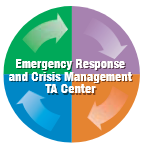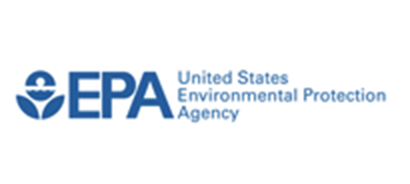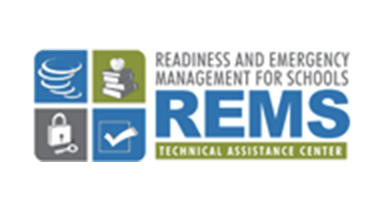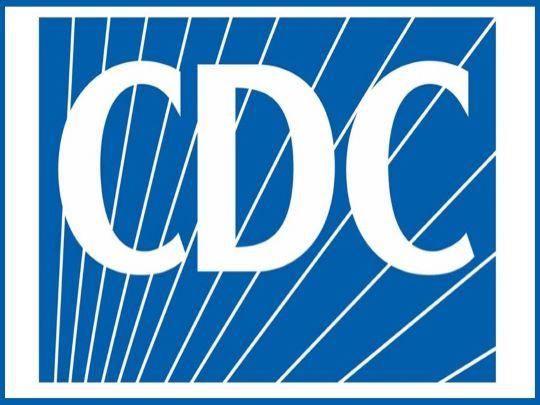Incorporating Chemical Hazards Into An Emergency Management Plan
Schools across the country use some types of chemicals or products containing dangerous materials as part of the science, art, industrial arts and technology curricula. While each school has unique reasons and circumstances for using any chemical, the need for effective chemical management is necessary to provide a safe and healthy learning environment for all…
Read MoreIndoor Air Quality in Schools
Promote a healthy learning environment at your school to reduce absenteeism, improve test scores and enhance student and staff productivity.
Read MoreK-12 SIE Assesment resources
The following resources may be used by your site assessment team and/or school planning team to approve the safety and security of your school the short term and
Read MoreMental Health and Wellbeing
Through a series of five interactive webinars, educators and caregivers explore in-depth strategies to support the language development of young children. Risk factors and their impacts on mental health and social-emotional well-being were explored in detail including the critical role of language as an indicator of children’s needs and a key component in understanding behavior.
Read MoreNational Center for School Crisis and Bereavement
Materials and guidance for schools experiencing crises or helping grieving students. Resources and guidelines to prepare to support children in times of crisis and loss.
Read MoreNational Child Traumatic Stress Network
Research suggests that approximately 25% of American children will experience at least one traumatic event by the age of 16. A child’s reactions to trauma can interfere considerably with learning and/or behavior at school. Schools serve as a critical system of support for children who have experienced trauma.
Read MoreNatural Disaster Preparedness and Response
Know what disasters and hazards could affect your area, how to get emergency alerts, and where you would go if you and your family need to evacuate. Make sure your family has a plan and practices it often.
Read MoreNatural Disasters and Severe Weather Guidance
Visit the CDC’s guides to follow in the event of all types of extreme weather and natural disasters.
Read MorePandemic Planning for Schools
This manual was prepared by the Georgia Department of Education (GaDOE) with support and guidance from public health resources to assist local school administrators and staff in developing pandemic plans for their respective school districts. Public health authorities conclude the probability of a pandemic has increased markedly in recent years.
Read MorePreparing for Floods at K-12 Schools and School Districts
“Flooding is the most common natural hazard in the United States, affecting more than 21,000 local jurisdictions and representing more than 70 percent of Presidential disaster declarations.”i In 2018, there were 19 major disaster declarations for flood-related emergencies in the United States.
Read MorePsychological First Aid for Children, Parents, and Other Caregivers After Natural Disasters
Part of the Listen, Protect, Connect series, this guide provides practical advice for parents and other caregivers on the three steps of psychological first aid to help children cope with natural disasters. PDF format.
Read MoreREMS TA Center COVID-19 Webpage
Education agencies across the nation have been working tirelessly throughout the COVID-19 pandemic to support their students, families, staff, faculty, administrators, and communities. Whether you are new to school emergency management planning or an experienced school safety leader, the REMS TA Center is here to support you and your education agency with the information, products,…
Read More







